Everything Everywhere All at Once
March 20, 2023
Written by Jacob Gelles, Psy.D. || Founder & Co-Executive Director
When “Everything Everywhere All at Once” (EEAO) won the Oscar for best film this year I was very excited. The first time I watched the film was during my family’s annual summer get together because my nephew insisted we put it on. I had seen previews and originally considered it to be nothing more than a quirky kung-fu film. I ended up really enjoying the film and found the intellectual and emotional explorations to be interesting and insightful. EEAO covers a lot of ground philosophically, but as you might expect, I found the psychological investigations more compelling.
What I’d like to talk about today is how EEAO tackles the issues of the relationship between mothers and daughters (we can take the liberty of extrapolating this to parents and children in general), focusing on how the internal struggles of parents can have a powerful impact on their children. In EEAO, we first meet Evelyn Wang, a woman who is deeply unhappy with her life and ridden by feelings of inadequacy and regret. And then we are introduced to Evelyn’s daughter, Joy. We see Joy also struggling heavily with feelings of inadequacy and regret and we can see a suggested causal relationship between Evelyn’s conflicts and Joy’s conflicts. While there are so many wonderful dynamics to explore here, I want to focus on how Evelyn’s lack of attunement and acceptance of Joy has led to Joy feeling empty, unrecognized, unaccepted. Consequently, Joy feels deep despair, apathy, aimlessness, and nihilism (the donut with everything on it).
So what lessons can we take from this?
We can see how the internal struggles and conflicts of parents have a powerful effect on our children, even if we work to try to protect them from it. We can also garner a lesson from how the relationship is resolved in the end. It is not simply resolved by Evelyn accepting everything that Joy does and says. The relationship is resolved when Evelyn, in a moment of powerful honesty, makes it clear that she doesn’t like a lot of the decisions her daughter makes, but that she still loves her daughter deeply. In essence, Evelyn accepts her daughter as an adult, letting her know that she will always love and accept her, but that she won’t always support or like the path Joy chooses. I think this is a place we must all come to as parents. We must accept our children, the choices they make, and support them emotionally, but we do not have to like the choices or support them financially. It is a hard place to come to as a parent, but it is part of the process of accepting our children as adults.
